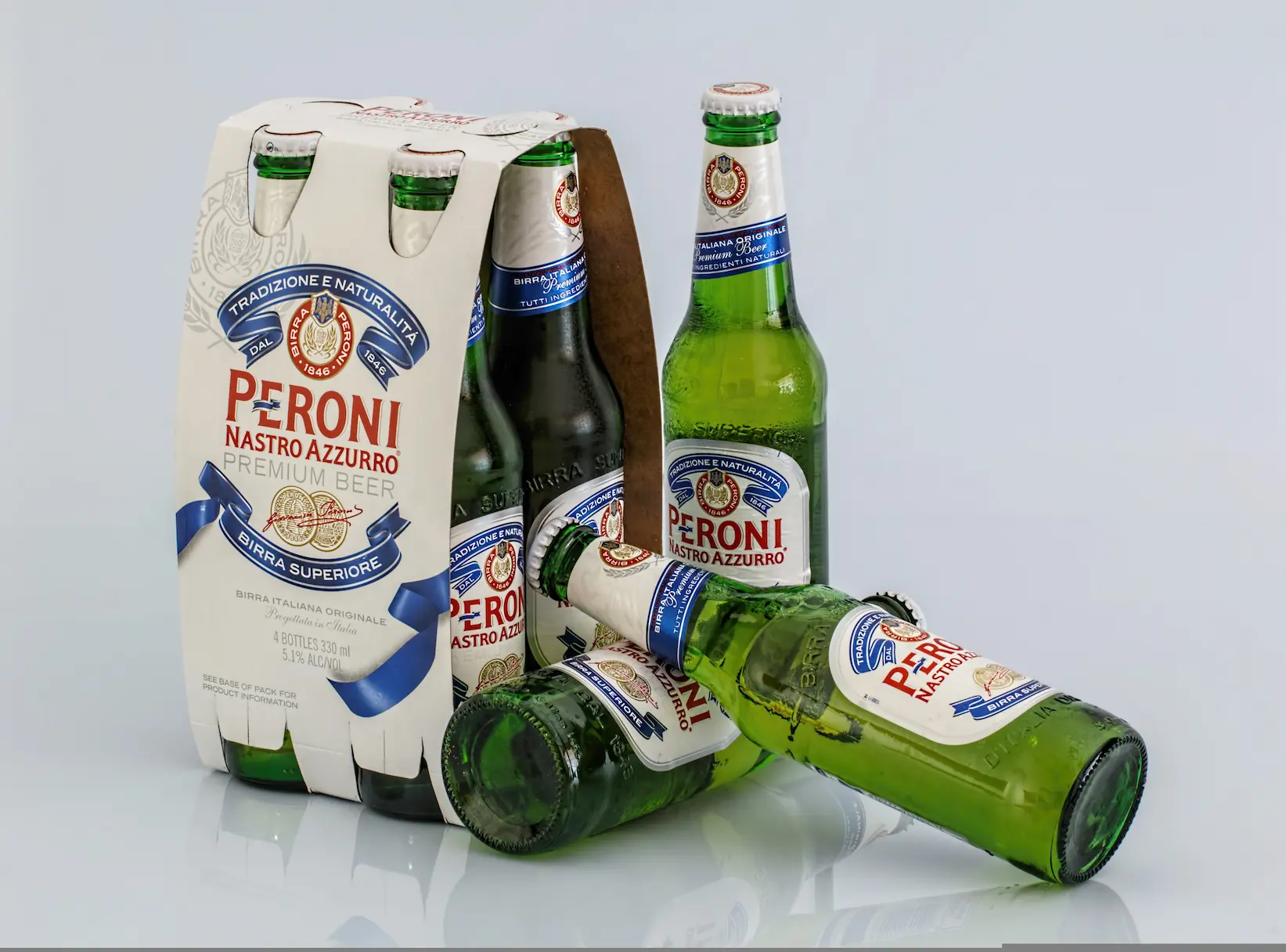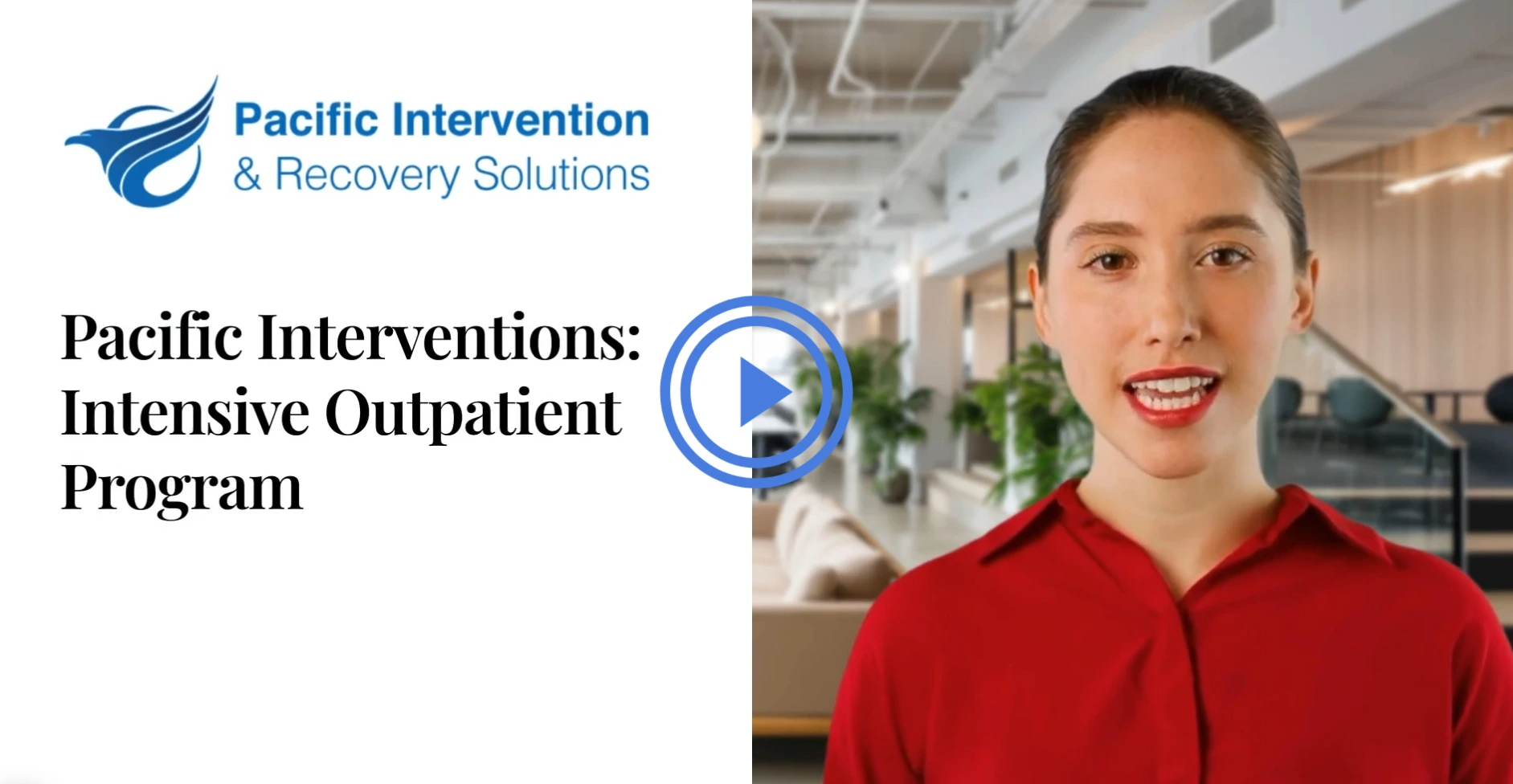Unveiling Denial in Addiction and Alcoholism: Understanding, Confronting, and Overcoming
Addiction and alcoholism are complex issues that often come bundled with an insidious companion—denial. Denial in addiction serves as a protective mechanism, shielding individuals from the harsh reality of their struggles and hindering the path to recovery. In this blog, we will delve into the multifaceted aspects of denial associated with addiction and alcoholism, exploring the characteristics and challenges people face. Additionally, we’ll discuss practical strategies for overcoming denial, embracing personal responsibility, and seeking professional help.
Aspects of Denial:
1) Anger:
Denial often manifests as anger, a defensive reaction to protect oneself from acknowledging the existence of a problem. This anger may be directed outwardly at others or inwardly, complicating the process of recognizing the need for change.
2) Rationalizing:
Rationalization involves creating seemingly logical explanations for addictive behavior. This allows individuals to convince themselves that their actions are justifiable, blurring the lines between reality and self-constructed narratives.
3) Blaming:
Externalizing blame is a common characteristic of denial. Individuals may deflect responsibility by attributing their addiction to external factors, making it challenging to address the root causes.
4) Avoiding:
The avoidance mechanism involves steering clear of situations or conversations that may force individuals to confront their addiction. This can lead to a cycle of isolation, further deepening the denial and addiction.
5) Normalizing:
Comparing one’s behavior to others and normalizing addictive actions perpetuates denial. Believing that others engage in similar activities provides a false sense of security and minimizes the severity of the problem.
6) Self-Pity:
Engaging in self-pity shifts the focus away from acknowledging the addiction. By portraying themselves as victims, individuals create a narrative that hinders self-reflection and accountability.
7) Justifying:
Justification involves finding reasons to validate addictive behavior. Convincing oneself that specific circumstances warrant continued substance abuse can be a powerful barrier to recognizing the need for change.
8) Humor:
Humor can be a defense mechanism to downplay the seriousness of addiction. Individuals may use jokes or sarcasm to deflect attention from the gravity of their situation.
9) Crying:
Shedding tears can be a manipulative tactic to garner sympathy and divert attention from the core issue. It serves as a distraction from the need to address the addiction itself.
10) Distracting:
Engaging in distracting behaviors, such as excessive work or hobbies, is a common way to avoid self-reflection. This diversionary tactic impedes the acknowledgment of the addiction.
11) Minimizing:
Minimization involves downplaying the significance of one’s addiction. Individuals may convince themselves that their substance use is not as problematic as others perceive it to be.
12) Intimidating:
Intimidation can be a tool to silence those attempting to intervene. Individuals in denial may resort to aggressive behavior or threats to maintain control over the narrative surrounding their addiction.
13) Feigning Ignorance:
Pretending to be unaware of the consequences of addiction is a way to avoid facing the reality of the situation. Feigning ignorance allows individuals to shroud themselves in a false sense of innocence.
14) Intellectualizing:
Intellectualization involves overthinking and analyzing the addiction as an intellectual exercise. This detachment from emotional realities can hinder the acknowledgment of the true impact of addiction.
15) Comparing:
Comparing one’s situation to others who may appear worse off is a way to diminish the severity of personal struggles. This comparative mindset becomes a roadblock to recognizing the urgency of change.
Challenges to Overcoming Denial in Addiction
Emotional Resistance:
Denial often stems from an emotional resistance to confronting painful truths. The fear of facing the impact of addiction can be overwhelming.
False Sense of Control:
Individuals in denial may cling to a false sense of control over their actions, convincing themselves that they can stop or moderate their substance use at any time.
Social Stigma:
The stigma associated with addiction can create shame and reluctance to seek help. Fear of judgment from others can perpetuate denial.
Strategies for Overcoming Denial in Addiction
Self-Reflection:
Encourage individuals to engage in honest self-reflection, examining the patterns of their behavior without judgment.
Open Communication:
Establish a safe and non-judgmental space for open communication. Encourage individuals to share their feelings, fears, and struggles without fear of condemnation.
Education and Awareness:
Provide information about addiction, its consequences, and available resources. Knowledge can empower individuals to make informed decisions about their well-being.
Therapeutic Interventions:
Professional therapy and counseling can offer a structured environment for individuals to explore the underlying issues contributing to their addiction.
Supportive Networks:
Building a support system of friends and family creates a network of understanding individuals who can provide emotional support during the recovery process.
Accountability Partners:
Assigning an accountability partner can be beneficial. This person can help individuals stay on track, provide encouragement, and assist in navigating challenges.
Treatment Programs:
Explore different treatment options, including inpatient or outpatient programs, support groups, and rehabilitation centers. Tailor the approach to the individual’s specific needs.
Personal Responsibility:
Emphasize the importance of taking personal responsibility for one’s actions. This involves acknowledging the impact of addiction and committing to positive change.
Professional Guidance:
Encourage seeking help from addiction specialists, therapists, or counselors who can provide expertise and guidance throughout the recovery journey.
Denial is a formidable barrier on the path to recovery from addiction and alcoholism. Understanding its various aspects and characteristics is crucial for individuals, friends, and family members seeking to support the recovery process. Overcoming denial requires a combination of self-reflection, open communication, education, and professional intervention. By embracing personal responsibility and seeking help from experienced professionals, individuals can break free from the clutches of denial and embark on a journey toward lasting recovery and a healthier, more fulfilling life.









